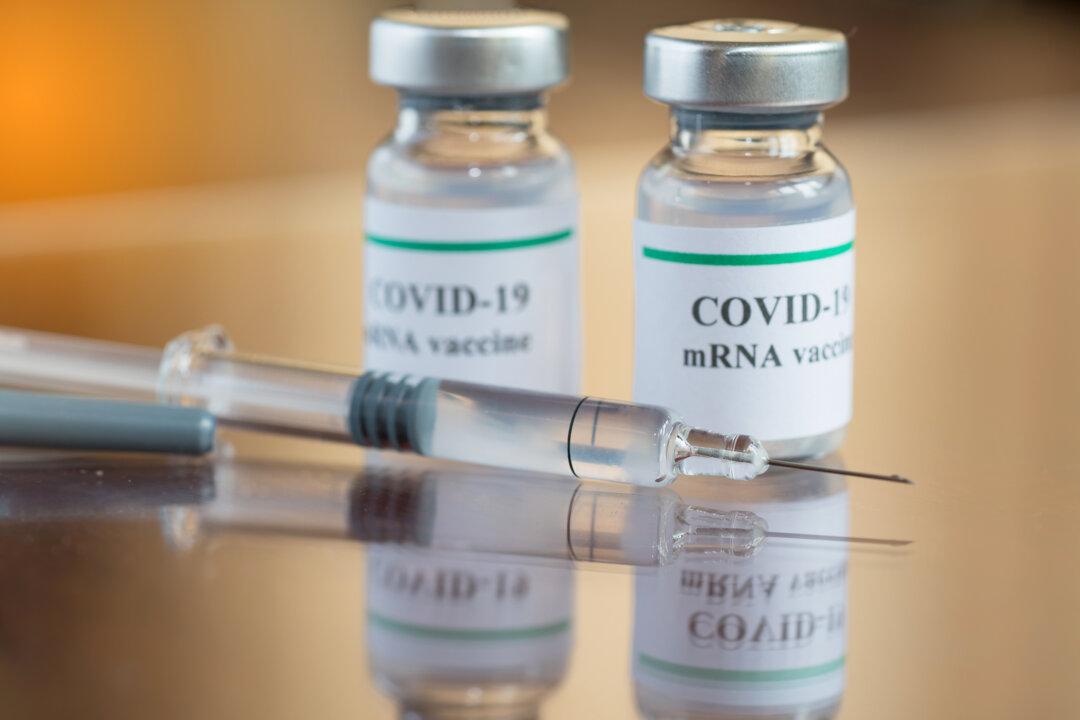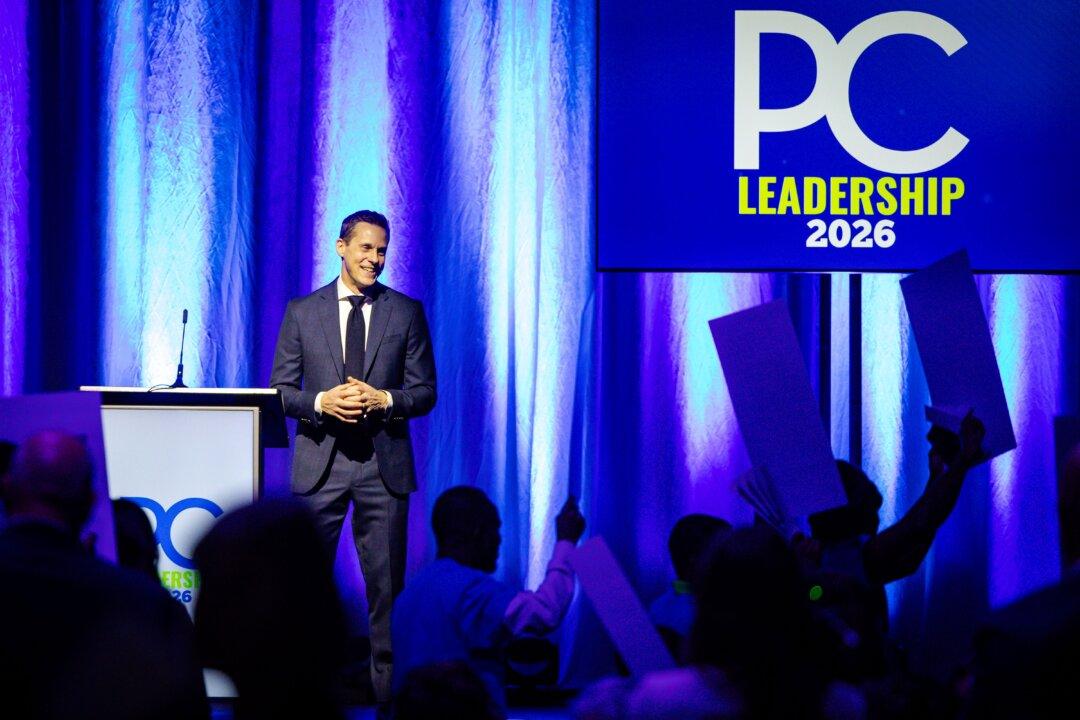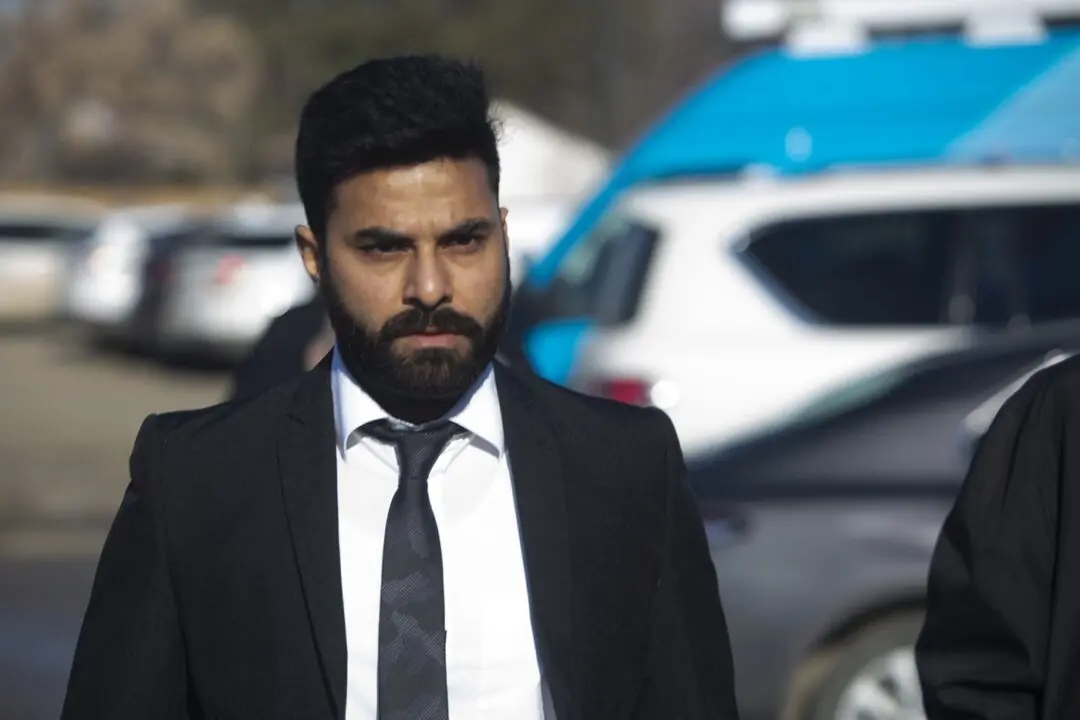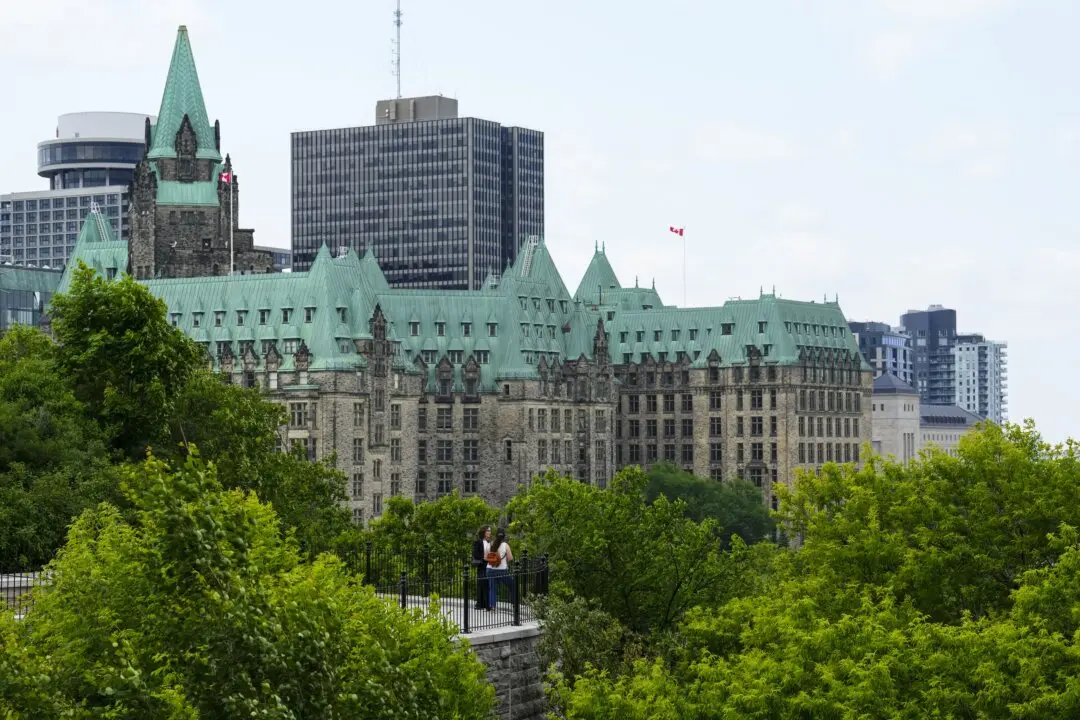An Ottawa physician has been ordered to take a professional training course in ethics and boundaries at his own expense after he was disciplined for sharing his opinion on the COVID-19 vaccine with patients.
Dr. Miklos Matyas, an Ottawa area ear and throat specialist, lost his appeal of a disciplinary decision by the Complaints Committee of the College of Physicians and Surgeons of Ontario on March 7.





